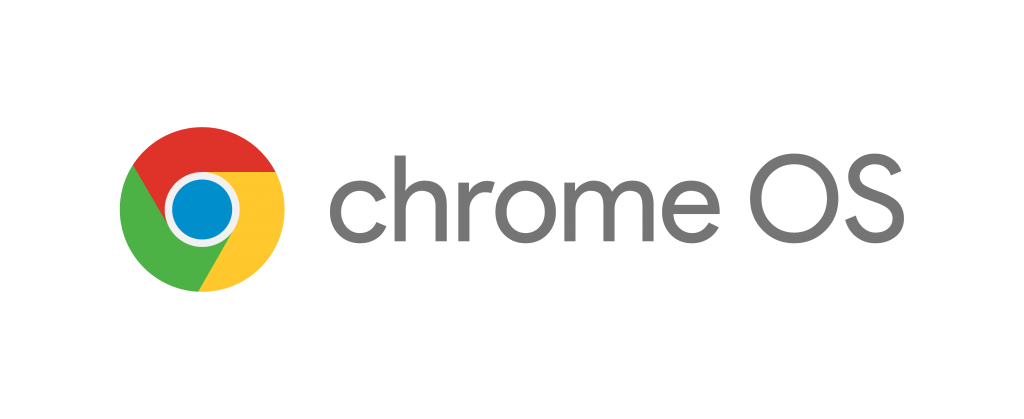The Pi's compact design, accessible GPIO pins, and low power consumption make it an ideal choice for diverse applications, from general desktop computing and media center PCs to robotics projects and home automation. Sporting an energy-efficient ARM CPU, similar to smartphones and Chromebooks, Raspberry Pis can be powered from a battery pack or a standard USB wall outlet adapter.
Raspberry Pi 4: Specs and Options
The latest iteration, the Raspberry Pi 4, offers various configurations, with the base model priced at $35. Featuring a quad-core ARM Cortex-A72 processor and 2 GB of RAM, it also comes in 4 GB and 8 GB options for $45 and $55, respectively. Additional versions include the Compute Module 4 and the Raspberry Pi 400 kit, the latter integrating a modified 4-GB Raspberry Pi 4 into a keyboard housing, boasting a 20% faster CPU and improved heat dissipation.
Software Support
Thanks to robust open-source community support, the Raspberry Pi 4 stands out as an excellent choice for various projects, including regular computer use. While Raspberry Pi OS (formerly Raspbian) and Ubuntu are popular choices, this article delves into the integration of Google's Chrome OS.
Raspberry Pi OS
Tailored for Raspberry Pi hardware, Raspberry Pi OS is based on Debian, offering easy setup and adjustment options. With a user-friendly interface and a range of pre-installed software, it supports modern web browsers like Chrome, office suites like LibreOffice, and entertainment applications, making it an excellent choice for beginners in Linux desktop computing.
Ubuntu 20.10
Known for its user-friendliness, security, and regular updates, Ubuntu is a Linux-based OS available for the Raspberry Pi 4. With a focus on general use, it features a default user interface based on the GNOME 3 desktop, offering a stable and minimal-tweaking-required Linux experience.
Chrome OS and Chromium: Chrome OS, designed for Chromebooks, centers around web apps running in Chrome browser tabs, providing a fast and straightforward computing experience. Focused on security, it prohibits OS modification during use. While Chrome OS is exclusive to Chromebooks, Chromium OS, an open-source counterpart, has been adapted for the Raspberry Pi 4, with FydeOS being a notable customized version.
FydeOS for Raspberry Pi
A customized Chromium OS, FydeOS brings the Chrome OS experience to Raspberry Pi users. Offering a user-friendly version for daily use, FydeOS aims to bridge the gap between software developers and general users seeking a Chromium OS alternative.
Setting Up FydeOS
The installation process involves downloading the OS image, using balenaEtcher to write it to a microSD card, inserting the card into the Raspberry Pi, and signing in to a Google account. FydeOS, while currently requiring a Google account, has plans to open up to non-Google users.
With the combination of Raspberry Pi 4 and FydeOS, users can harness the potential of a secure, budget-friendly PC that runs efficiently on minimal power. As web browsers become multifunctional hubs for both work and entertainment, the Raspberry Pi 4 proves capable of serving as a dedicated desktop computer, showcasing its versatility and affordability.

